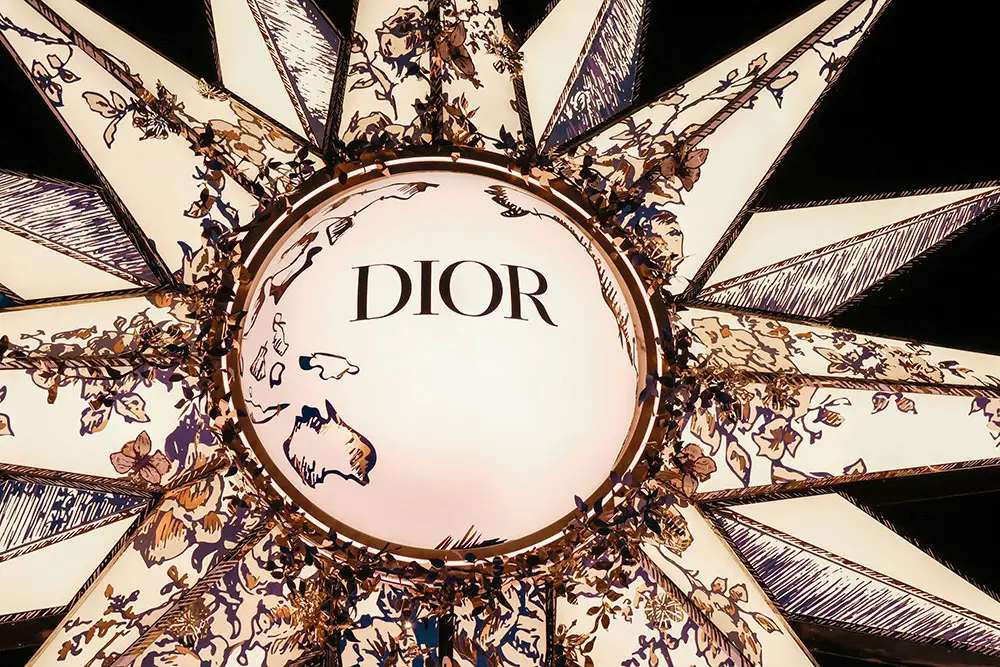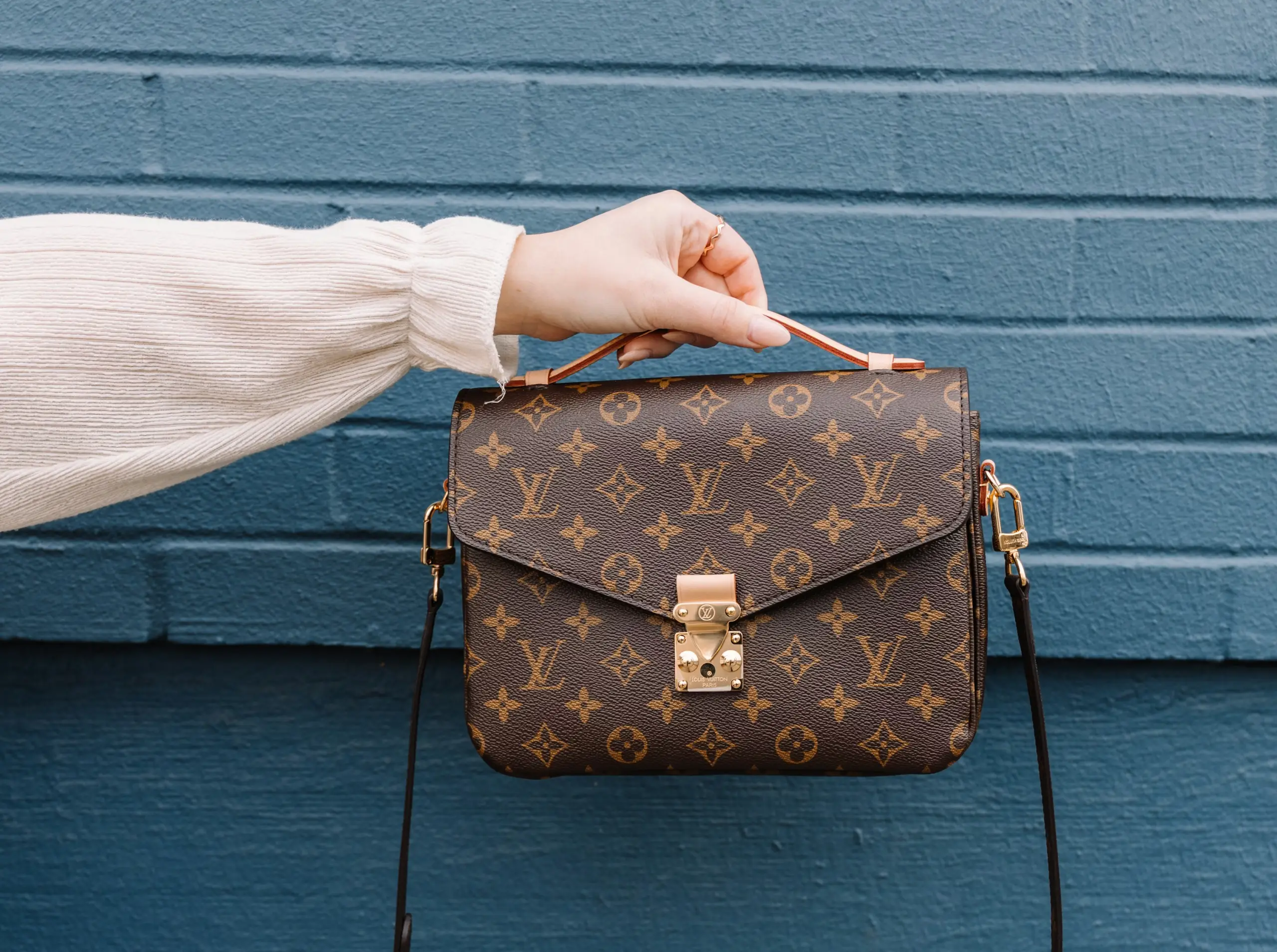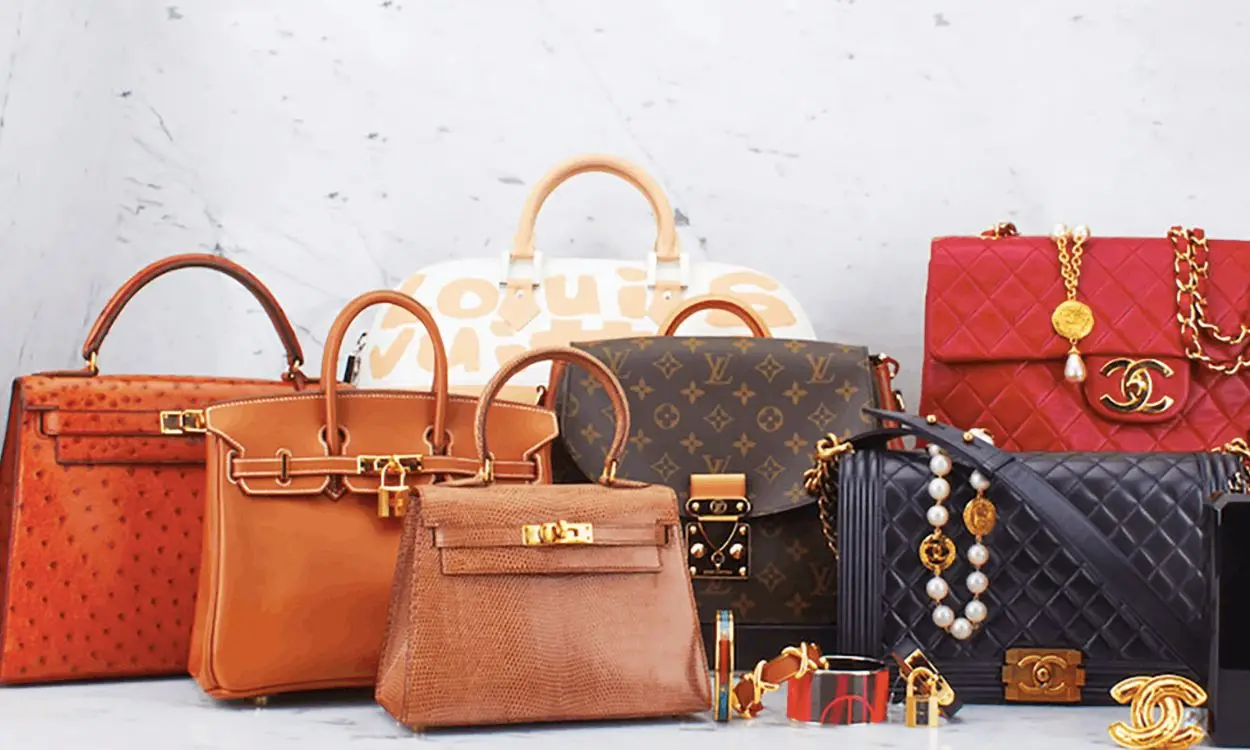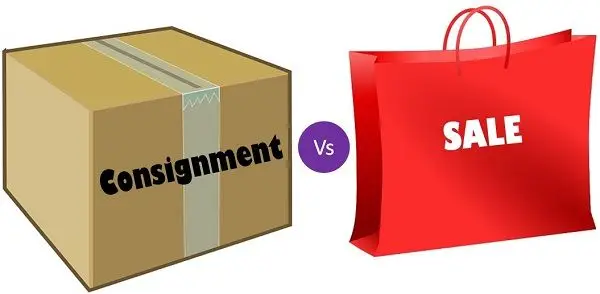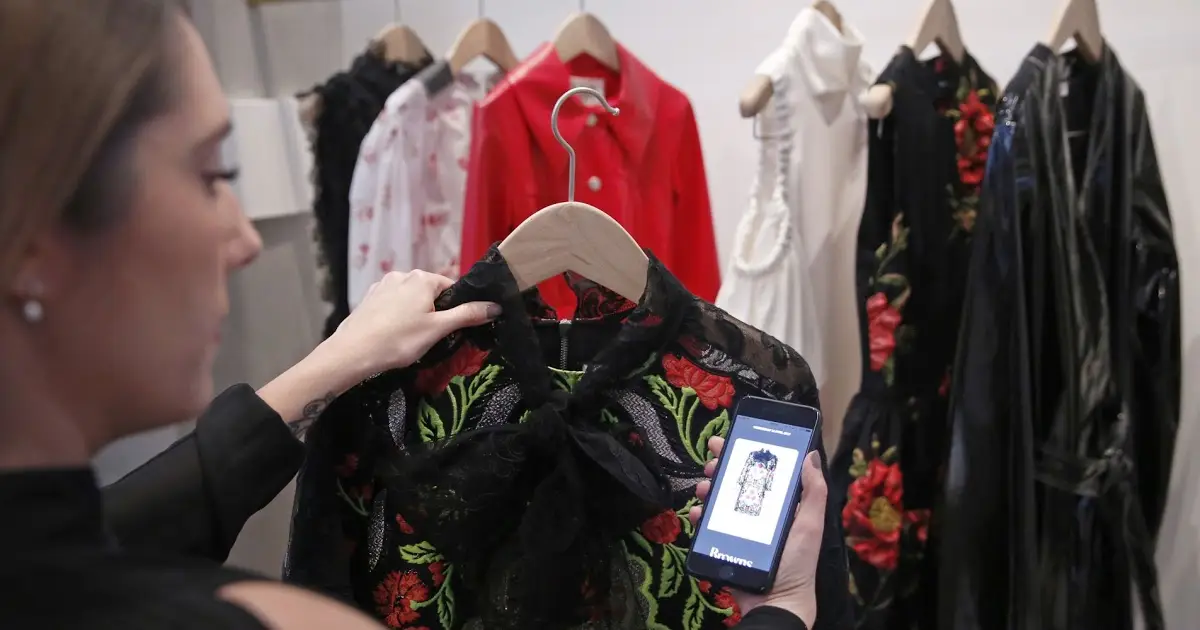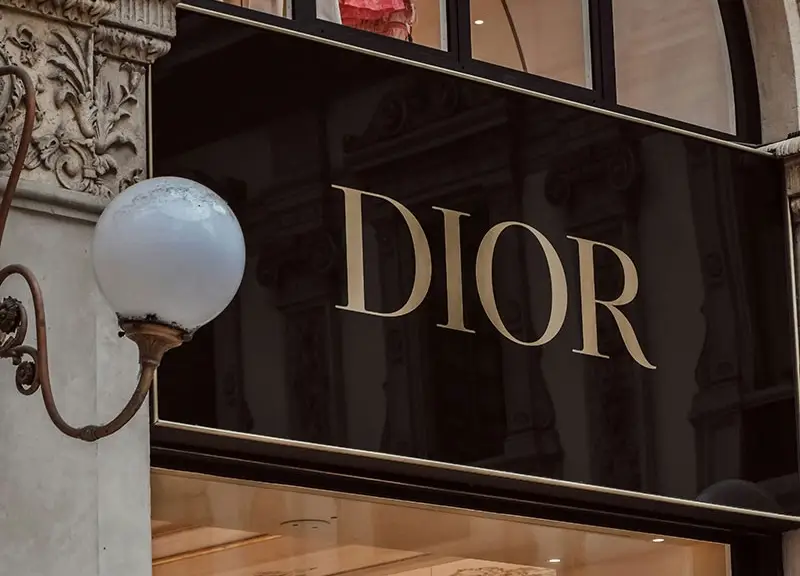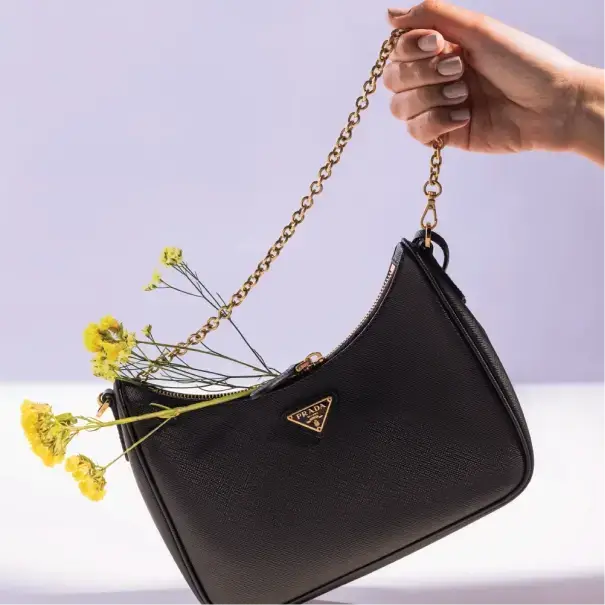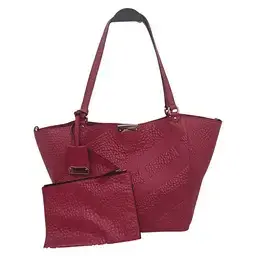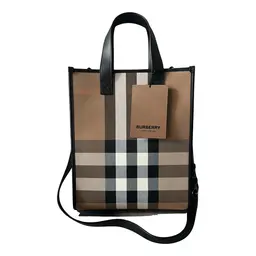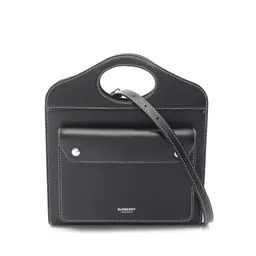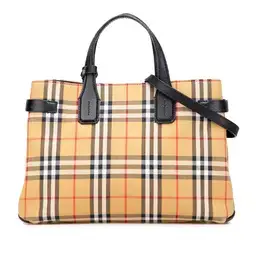The global fashion industry is facing a reckoning. Long criticized for its environmental toll, from carbon emissions to textile waste, the sector is increasingly being reshaped by the resale market. What was once a niche business model has become one of the fastest-growing segments in fashion, offering both sustainability and investment appeal.
Analysts predict the luxury resale sector will surpass $50 billion worldwide within the next decade. Platforms such as Libas Collective are leading the change, providing authenticated pre-owned luxury goods from brands like Chanel bags, Hermès bags, and Louis Vuitton bags to buyers who are as concerned with ethics as they are with aesthetics.
Sustainability at the Forefront
The environmental costs of fast fashion are immense. The industry contributes an estimated 10% of global carbon emissions and generates more than 90 million tons of textile waste annually. Most fast fashion items are worn fewer than 10 times before being discarded, creating a cycle of overproduction and disposal that is environmentally unsustainable.
By contrast, luxury resale emphasizes durability and longevity. High-quality bags can last for decades, and resale platforms extend their lifecycles by connecting them with new owners.
Generational Shifts Drive Growth
Millennials and Generation Z are the primary drivers of this change. Surveys consistently show younger consumers are more likely than older generations to buy pre-owned luxury. Many cite sustainability, individuality, and affordability as their top motivations.
Social media has accelerated this shift. Influencers and celebrities regularly feature vintage pieces, normalizing resale as fashionable and aspirational. Pre-owned Goyard bags and Gucci bags, for example, have gained popularity among Gen Z buyers who want unique, statement-making accessories.
Economics Meets Sustainability
Resale isn’t only about ethics — it’s also about smart economics. Luxury bags often hold or increase in value, making them more than just accessories. A Hermès Birkin that retails for $12,000 can sell for more than $20,000 in the resale market. Chanel’s regular retail price hikes have also pushed vintage Classic Flaps to appreciate significantly in value.
Authentication Builds Trust
The greatest barrier to resale has always been counterfeits. Luxury replicas are becoming more sophisticated, creating potential risks for buyers. Trust is therefore the foundation of the industry.
Many platforms has built its model around authentication. Every product undergoes a multi-step verification process involving expert inspections of stitching, leather quality, serial codes, and hardware. Provenance and digital checks add additional layers of protection.
Cultural Transformation of “Pre-Loved”
The cultural perception of second-hand goods has undergone a complete transformation. What was once viewed as “used” is now proudly called “pre-loved.” Celebrities openly champion vintage fashion, while stylists increasingly incorporate pre-owned pieces into high-profile wardrobes.
This shift reflects deeper changes in consumer culture. Conscious consumption, individuality, and environmental awareness now carry as much prestige as brand-new exclusivity.
With cultural acceptance rising, sustainability becoming urgent, and buyers demanding both trust and access, second-hand luxury is poised to redefine the fashion landscape.

